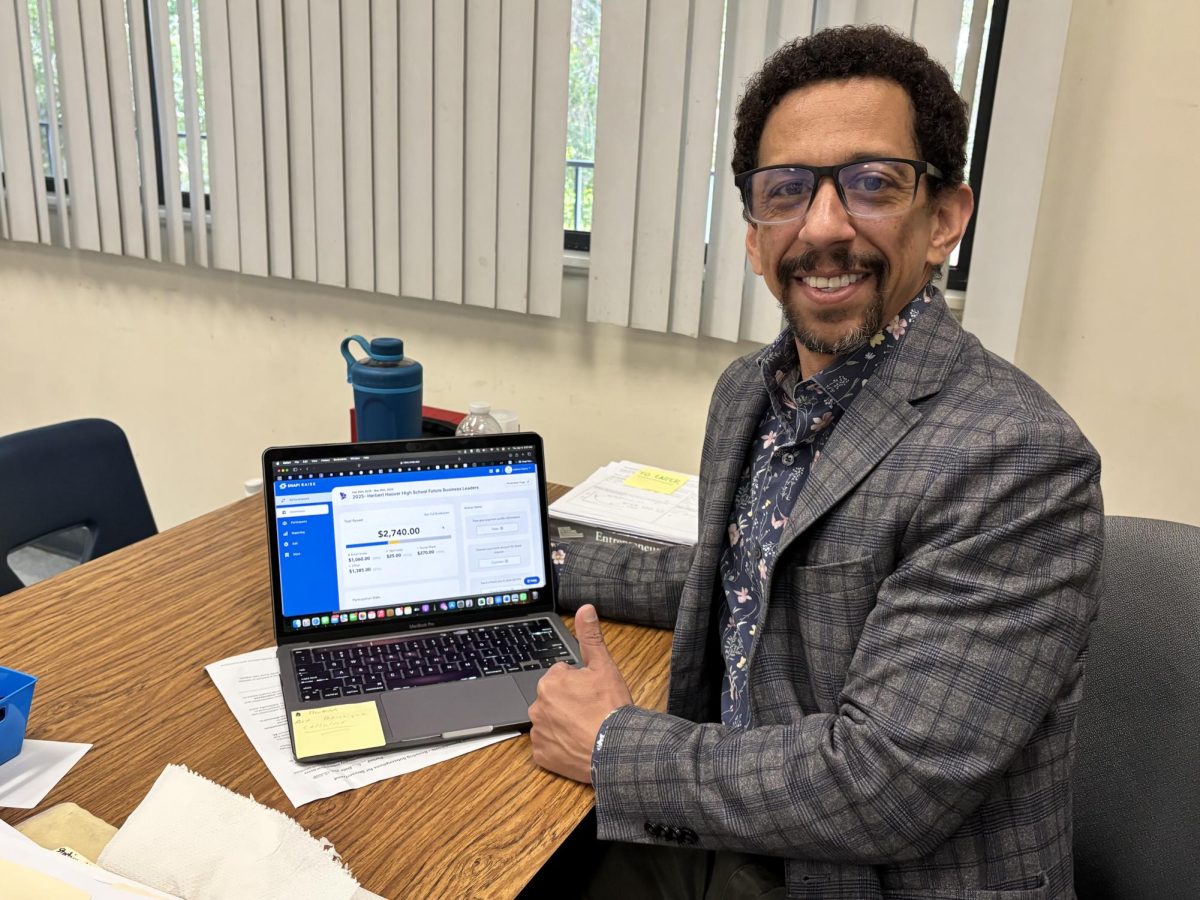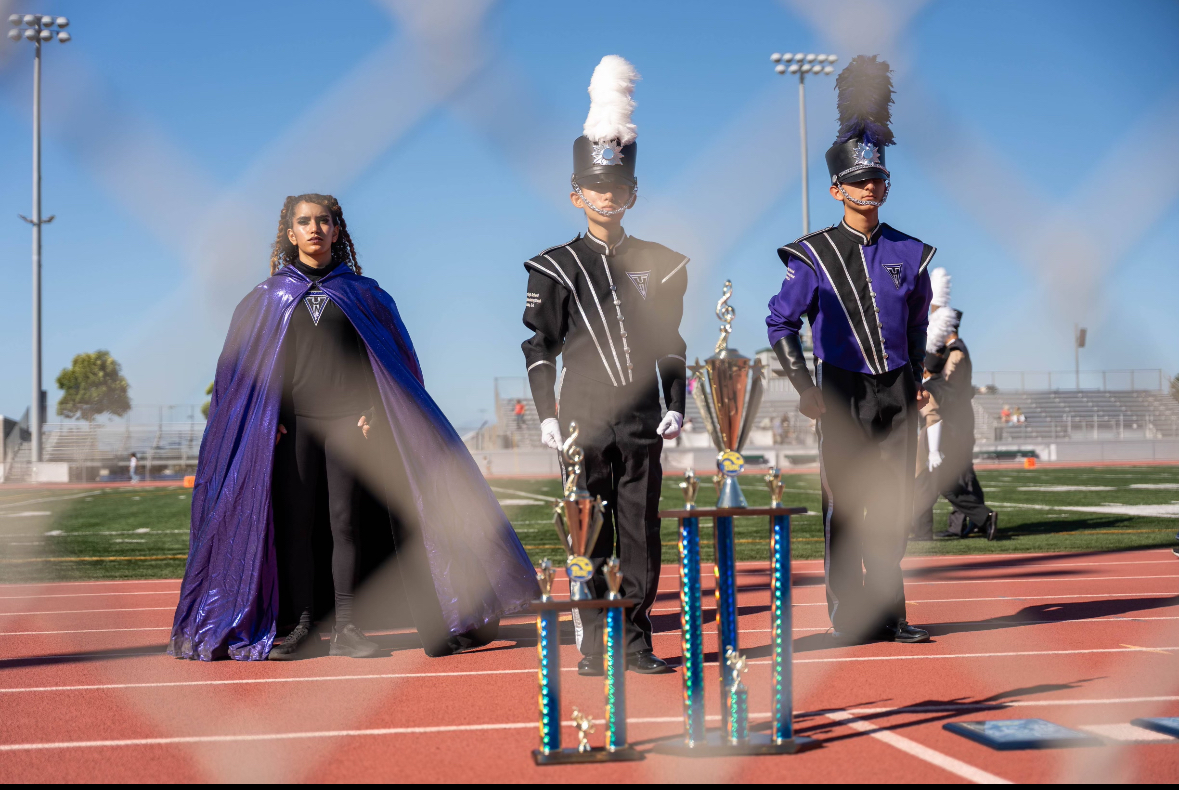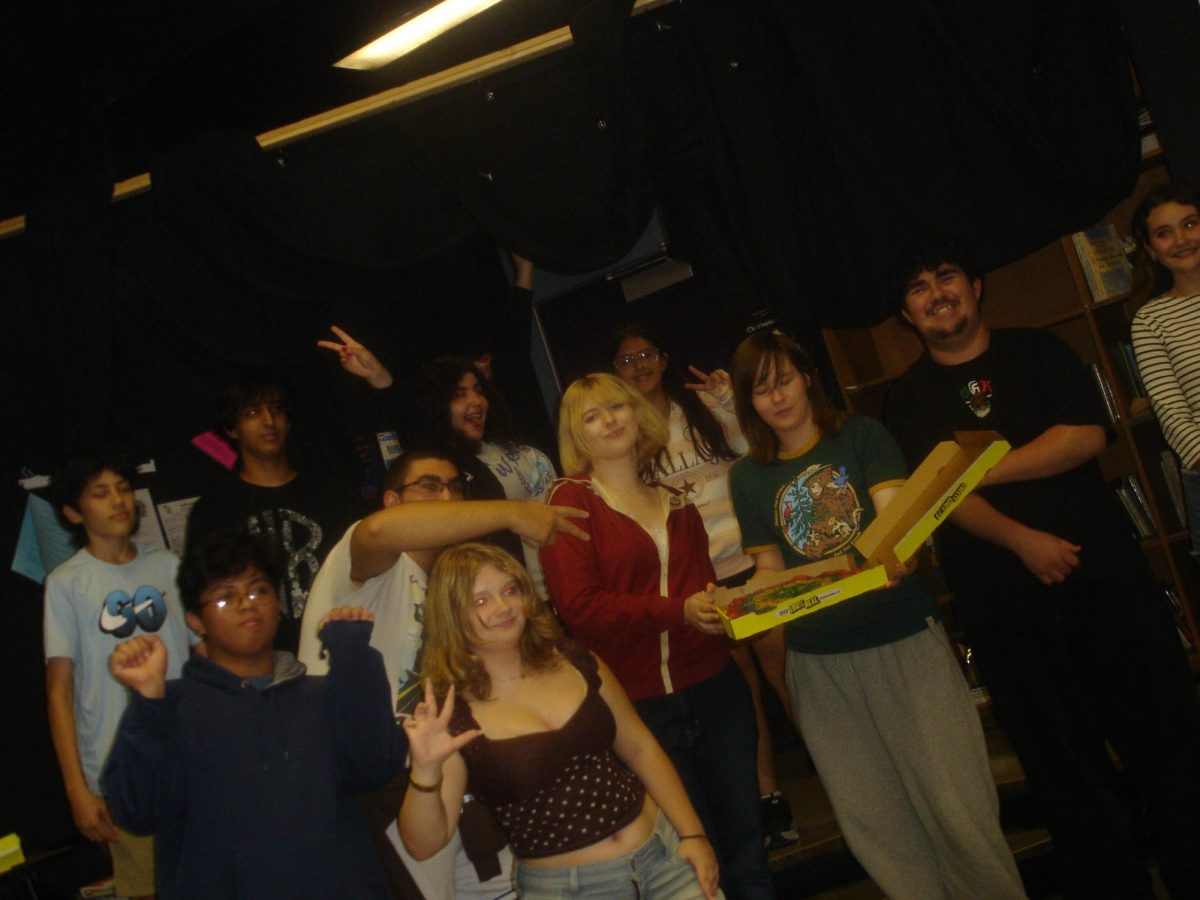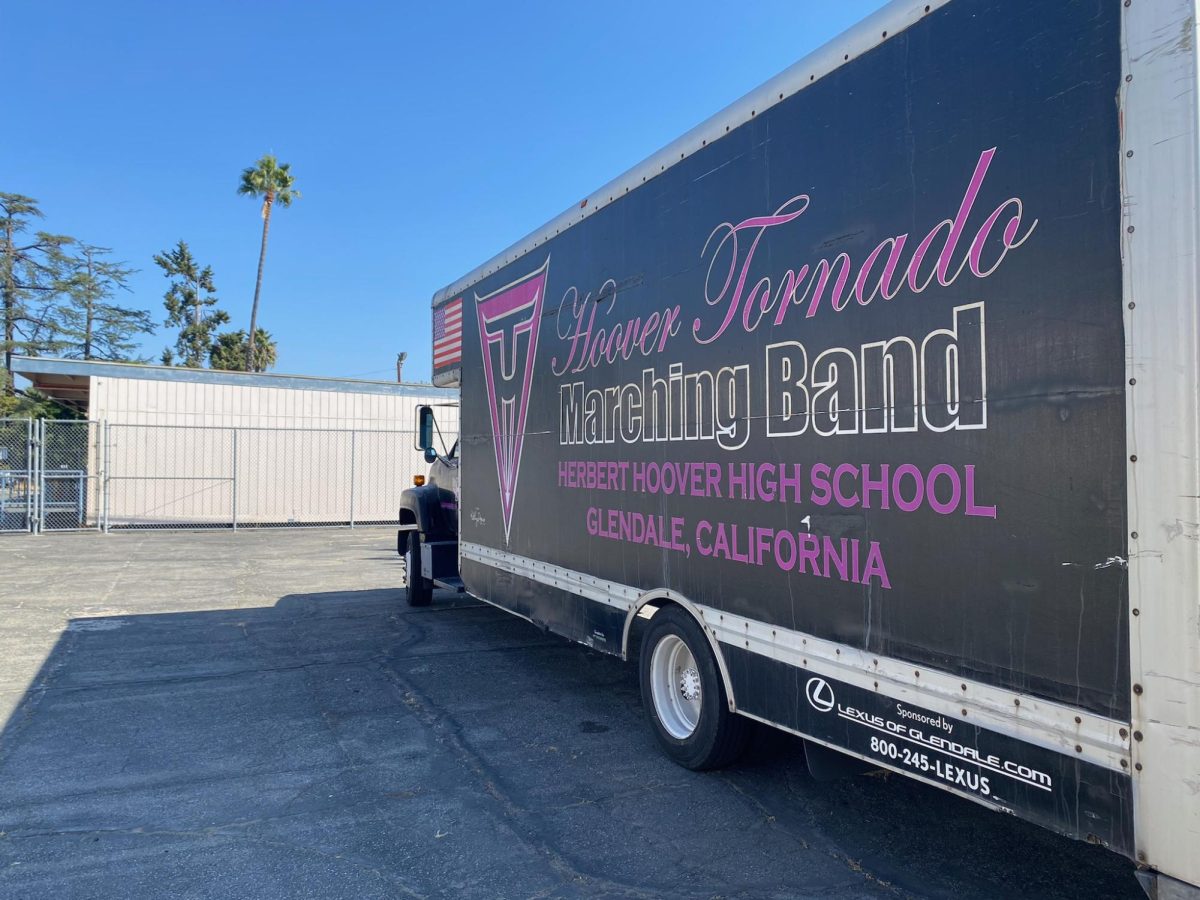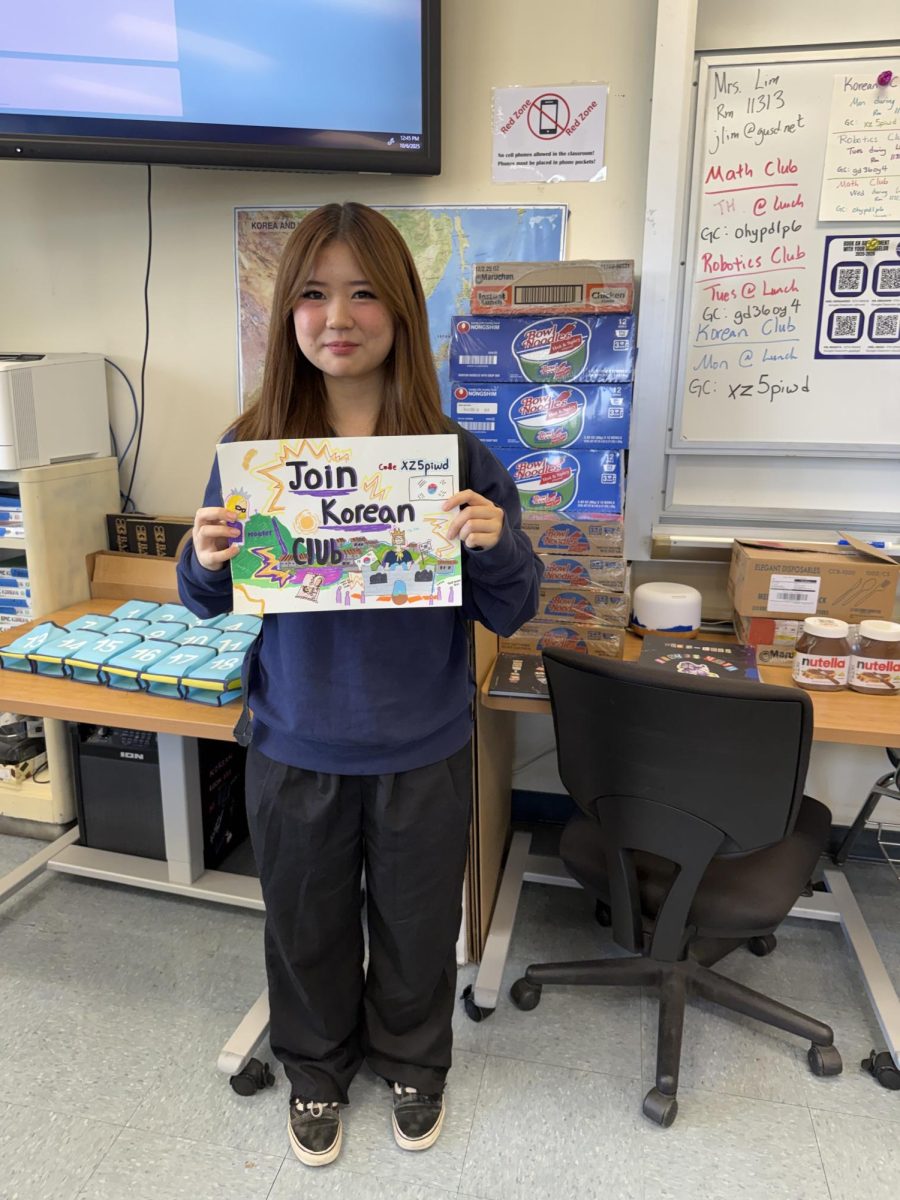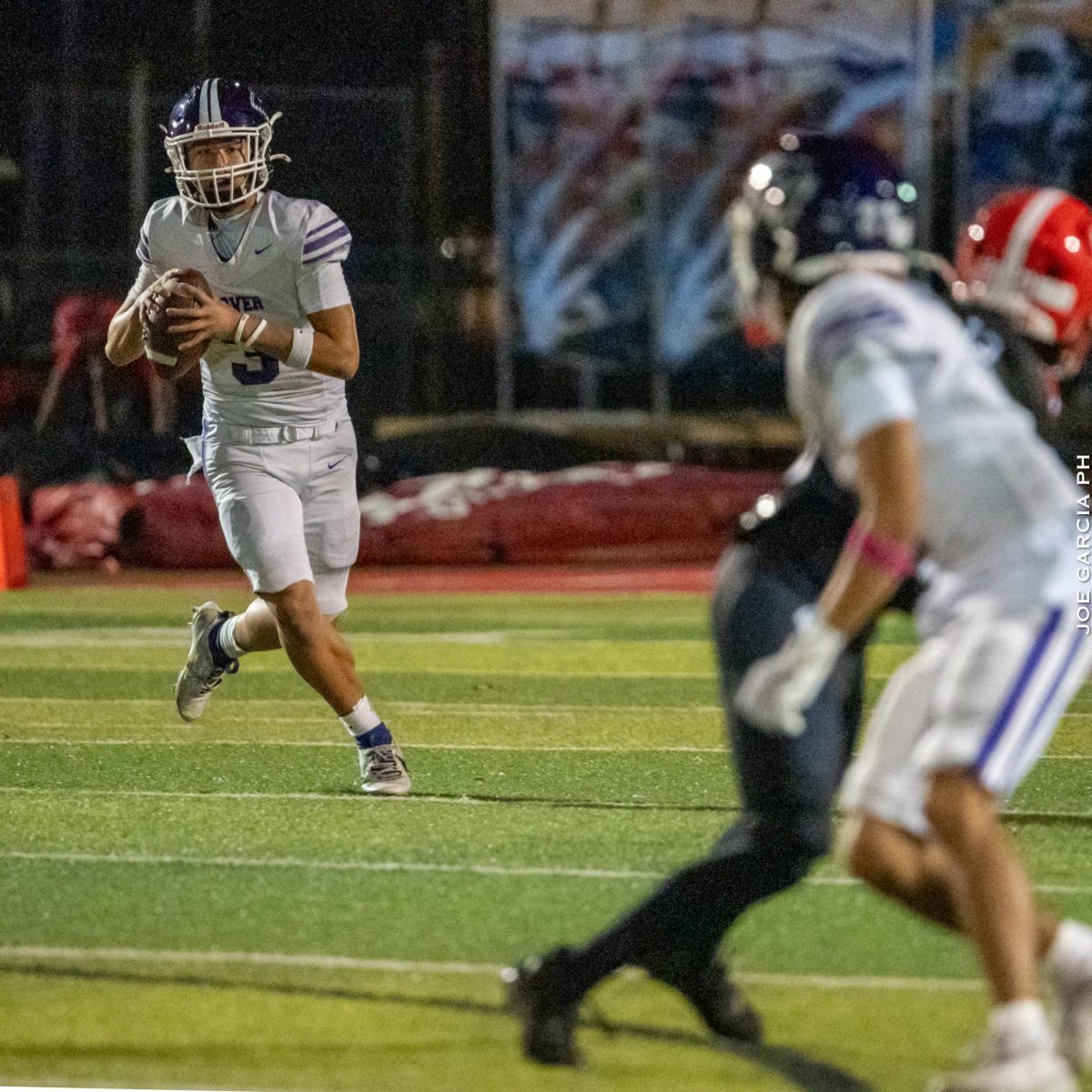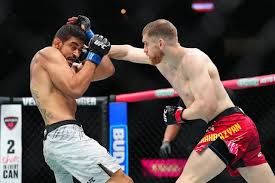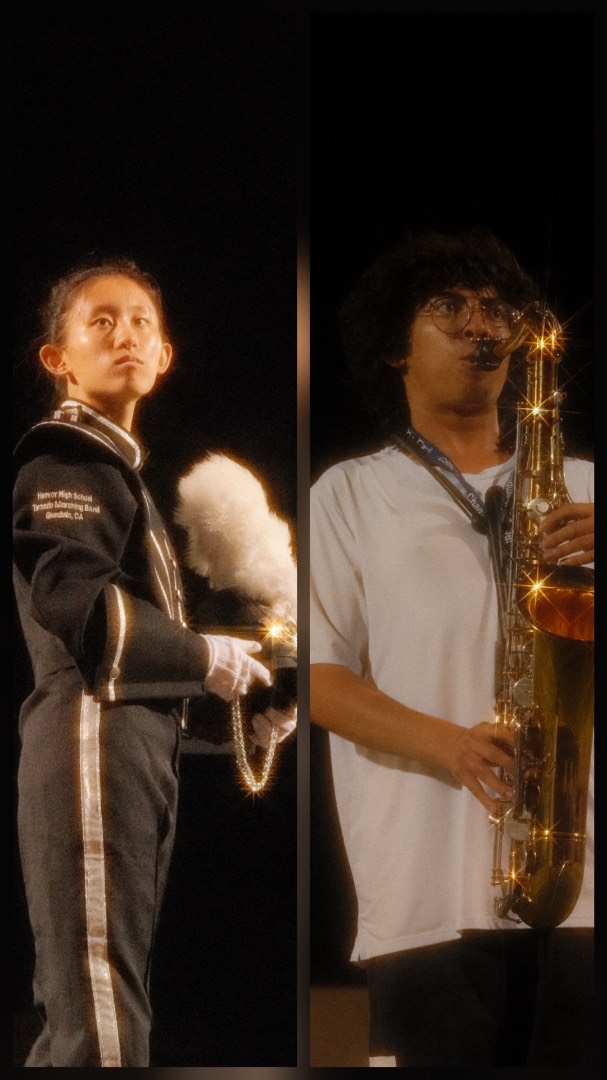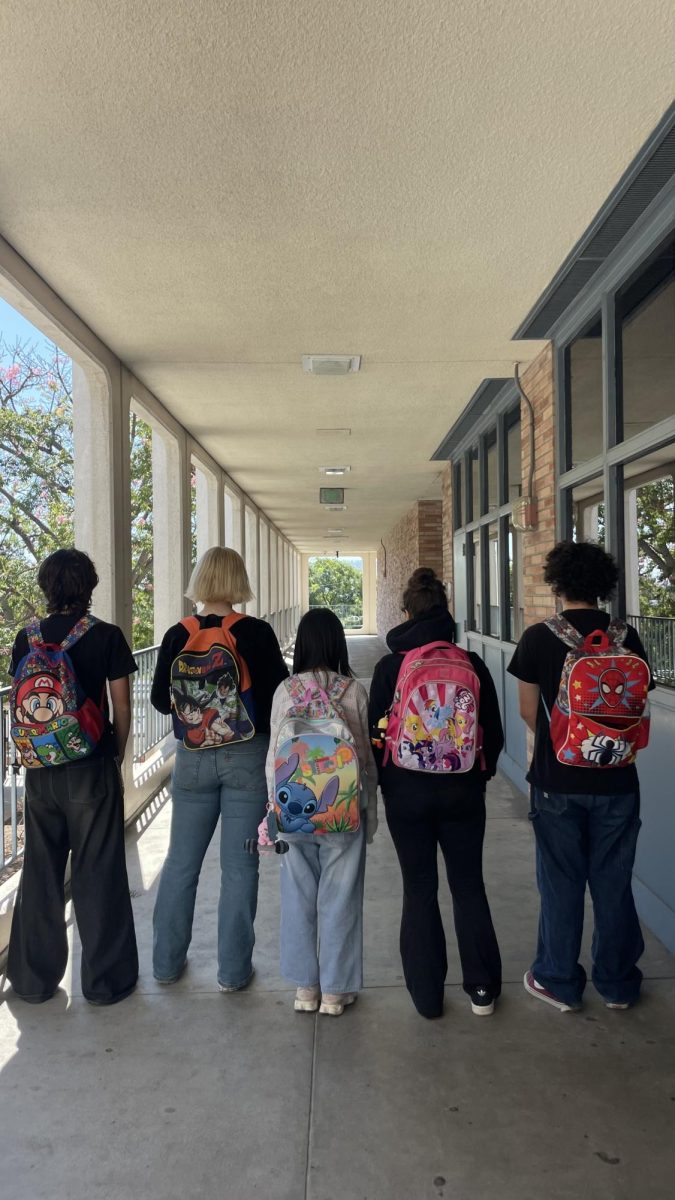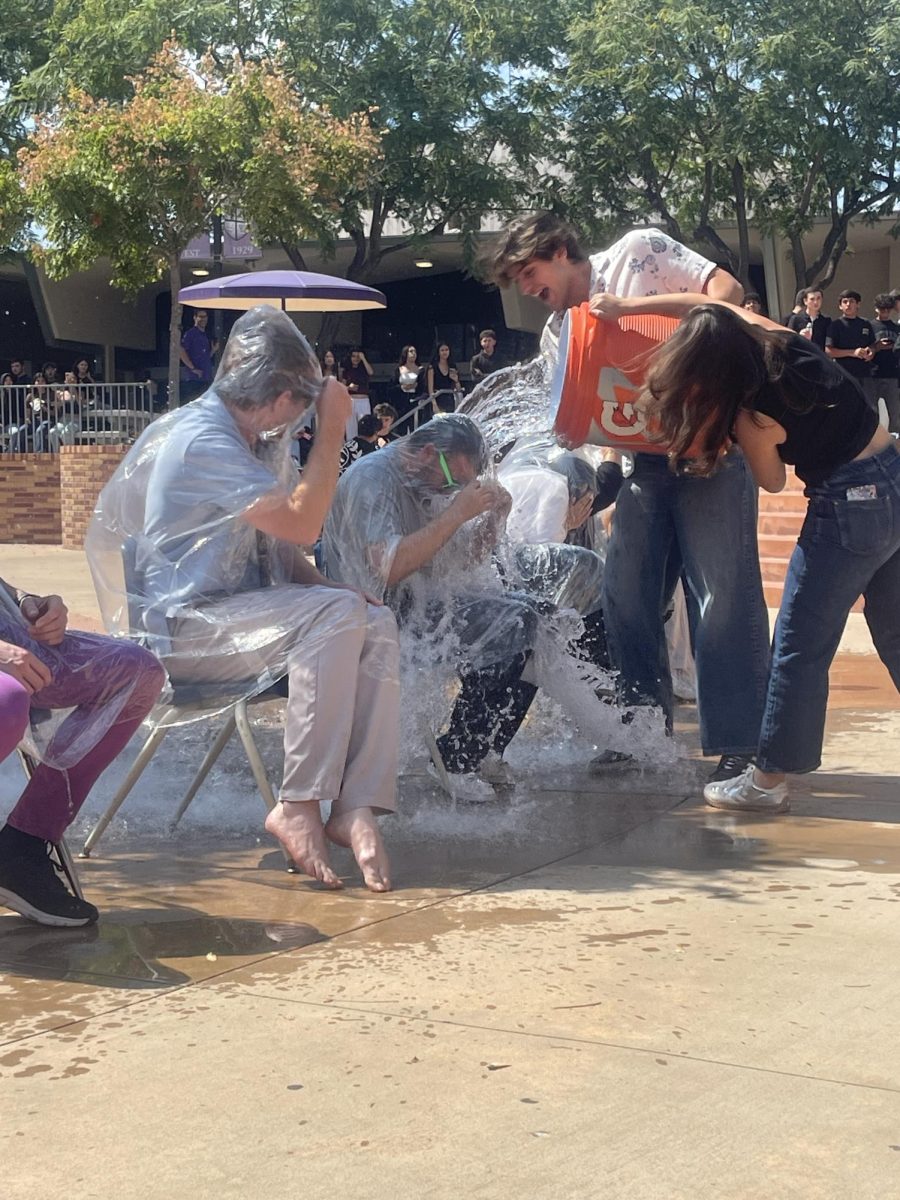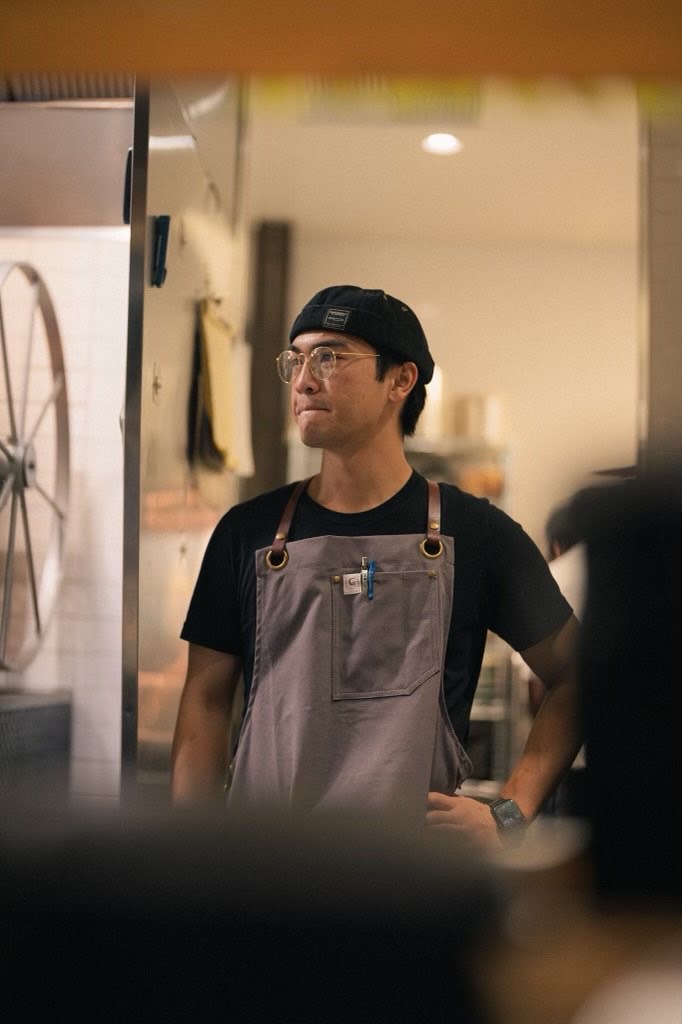The Business-Entrepreneurship class at Hoover recently completed its first-ever fundraiser, marking a major milestone in the development of the school’s future entrepreneurs. The fundraiser began February 25 and ended March 25, spanning a month.
Although the campaign did not reach its original goal of $10,000, raising just under $3,000, it offered something even more valuable: experience, confidence, and momentum for the future.
In a recent interview, when asked why a business class is essential at Hoover, Mr. Calvo, the teacher behind the program, talked about the strengths of the students at Hoover.
The business entrepreneurship class is structured as a two-year program. The first year is foundation-based, teaching essential concepts and guiding students as they develop their own business plans. This is followed by the capstone year, which allows students to take those plans and bring them to life, gaining hands-on experience as they shape their own business ideas.
Besides just raising funds for future projects and events, the fundraiser served as a natural extension of this hands-on approach; as Mr. Calvo explains: “We want to give students the experience of fundraising, budgeting, and managing real money for their own ideas.”
With this mindset, the class launched their first campaign, where students reached out to ask for donations. Mr. Calvo called the effort a success: “We were able to passively raise almost $3,000 just by asking for donations. Our plan is that we now have cash to staff other types of fundraising. For example, we can buy some goods to resell here at school. We can also use that funding to help students to go to conferences and events that are business related.”
The fundraising process was not without its challenges. Mr. Calvo noted that one of the biggest obstacles for students was properly conveying the importance of the fundraiser to others. “The importance of contributing, donating, or purchasing things from us,” he said.
These challenges turned out to be some of the most valuable learning experiences. Students gained skills in communication, leadership, problem-solving, and initiative—all qualities that will serve them well, not only in business but in life.
Despite the initial goal not being raised, Mr. Calvo sees the business class’s first campaign as a strong start.
The success of the first fundraiser has inspired plans for more. Mr. Calvo hopes to guide students in developing their own fundraising ideas—such as product sales or services—and expand the outreach of future campaigns. “I’m very excited to see what comes next,” he added.
When asked if he had any advice for other clubs or schoolwide organizations thinking about starting their own fundraisers, Mr. Calvo offered a simple but essential strategy that also reflects what his students learn in class: collaboration.

